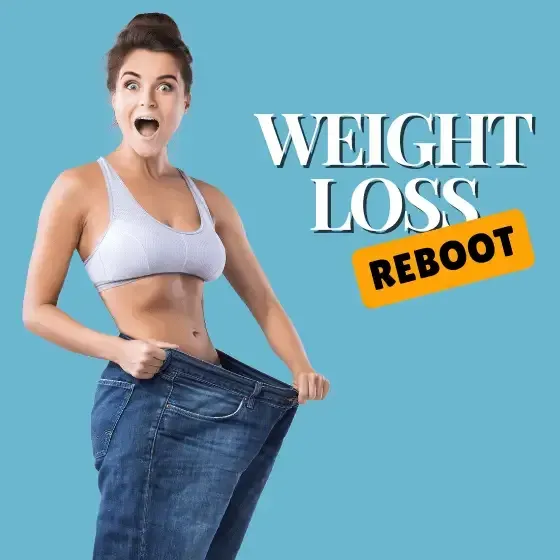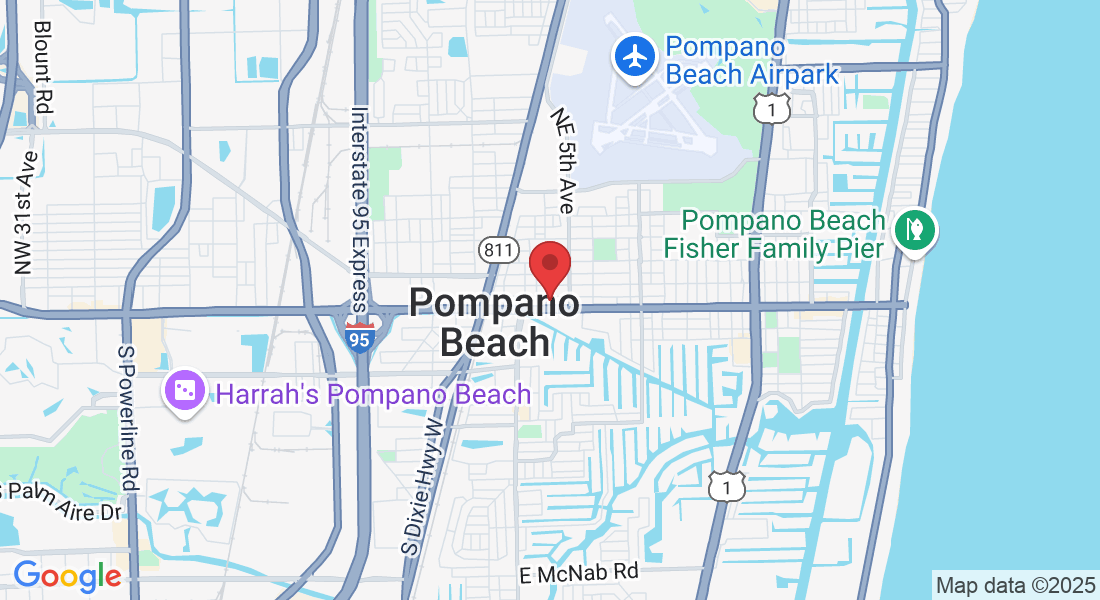5 Common Misconceptions About Losing Weight In Pompano Beach, FL
Weight loss is a challenge for just about everyone, and for those few who don’t have a problem staying trim, usually, their trouble runs in the other direction.
But it stands to reason that so many would struggle to be slimmer because our bodies are optimized to live in conditions of scarcity- so our systems are geared towards driving us to seek out high-calorie foods, even when we aren’t hungry.
Today, we are rarely exposed to scarcity in western society. But the urge to constantly seek food, even when we don’t need it, is still with us. The unsurprising result GenerikaDe is that we have trouble staying trim.
So the cards are stacked against us, and unfortunately, a great deal of myths and misconceptions about weight loss have cropped up over the years, and the fad diets are full of them. If you are running under the impression that any of the following misconceptions are true, you can easily pack on the pounds and not understand why.
1. Desserts are off limits
In medical weight loss, we sometimes turn to addiction psychology, where we learn that the brain has a mechanism known as the reward pathway.
This is a nervous structure that gives us pleasure when we do something that is favored by our ancient biology. Eating sugar is a prime example because sugar is calorie dense- we crave it.
Refraining for too long from doing something the reward pathway favors causes a kind of tension to build up over time. This is why binging happens.
It’s better to allow yourself small and infrequent treats to release some of this tension. Total dessert abstinence, coupled with an all or nothing attitude, will cause most diets to fail.
2. It’s all or nothing
The all or nothing attitude goes part and parcel with the attitude that desserts are forbidden. The misled dieter believes that desserts are forbidden because she is convinced that dieting is an all or nothing proposition.
It absolutely is not. Included in this attitude is the idea that a little weight loss isn’t good enough.
While it’s good to want to be as fit as possible, refusing to give yourself credit for small amounts of weight loss deprives you of a reward structure that you will need to motivate you as you progress.
Remember the reward pathway. It’s not just a trigger for binges, it’s also your path to training your brain to behave better. Reward yourself for all of your small and short-term gains, as they are all important steps on your journey to a slimmer you.
3. Exercise and eat what you want
Suppose I told you that you were about to have house guests for a week and that they made messes all day every day- but it’s okay because they also spend thirty minutes every day cleaning.
You wouldn’t be too pleased with that arrangement, would you? It makes about as much sense to eat a slice of cake every day and justify it by going to the gym regularly.
If the houseguest analogy doesn’t rattle you, suppose someone told you that you can spend as much as you like on clothes because you have a job. Dieting is an uphill battle, and just because you’re making the climb doesn’t mean you can afford to fall back.
There should be one word for diet and exercise because one without the other isn’t much good.
4. Amount of food vs type: one matters more
It’s natural for us to want to simplify things. After all, the world is an infinitely complex puzzle, and we couldn’t function if we paid attention to every nuance all the time.
Because a healthy diet is much more than a simple calories-in/calories-out proposition, we really need to pay attention to the subtleties in order to stay fit.
Many people believe they can eat as much as they want as long as it’s healthy, and many believe the opposite.
While it’s better to put on weight by eating nutritious food, you can still get fat that way. It’s true, you can eat more healthy food and stay slim, but you cannot fully discount either food type or amount and still expect to fit into those old jeans.
Your body may be a machine, but it is a supremely complex machine, with supremely complex needs.
5. Skipping meals is a shortcut
Fasting is usually a mistake. Remember the reward pathway. If you build up too much deprivation stimulus, eventually, you will snap back and binge.
Skipping meals can be tempting, but studies show, it’s ineffective– and it can be dangerous, especially if you have a regular fitness routine.
If you aren’t replacing those important building blocks you will break down muscle, connective tissue, and bone- for a start- which can lead to injury.
Some injuries can be internal and hard to detect- and that’s dangerous. So going hungry is not a great alternative to dieting.
You’d be much better off having a light meal with some good nutrients like protein to keep those important supportive structures strong while trimming off the unwanted fat.
Tired of weight loss myths holding you back?
Call (754) 222-6642 today to get expert guidance rooted in real science—and finally start seeing results that last.

Say Goodbye to Stubborn Fat, Unwanted Pounds, and Low Energy!
Stop the cycle of weight gain! Start your transformation today with our doctor-supervised, holistic weight loss program.
Unlike quick-fix diets or risky medications, we focus on the root causes of weight gain and provide sustainable, natural solutions. Reclaim your health, boost your energy, and see lasting results—all while feeling better and more confident in your own skin.
Don’t wait any longer—your new, healthier life starts now!
This website does not provide medical advice. The information, including but not limited to, text, graphics, images and other material contained on this website are for informational and educational purposes only. No materials, opinions, products, and services on this site are intended to be a substitute for professional medical advice, diagnosis or treatment. Always seek the advice of your physician or other qualified professional health care provider with any questions you may have regarding a medical condition or treatment and before undertaking a new health care regimen, and never disregard professional medical advice or delay in seeking it because of something you have read on this website.
If you have or suspect you may have a health problem or need immediate medical attention, you should consult with a healthcare provider.
The website may contain testimonials and reviews by patients that received chiropractic care and services in the office. These testimonials and reviews reflect the real-life experiences and opinions of such patients. However, the experiences are personal to those particular patients, and may not necessarily be representative of all patients that used chiropractic care and/or services. We do not claim, and you should not assume, that all patients will have the same experiences. Your individual results and experiences may vary.
The information on this site, including our YouTube channel, is not intended or implied to be a substitute for professional medical advice, diagnosis, or treatment. All content, including text, video, graphics, images, and information, contained on or available through this website is for general information purposes only. Lighthouse Medical Center makes no representation and assumes no responsibility for the accuracy of information contained on or available through this website, and such information is subject to change without notice. You are encouraged to confirm any information obtained from or through this website with other sources and review all information regarding any medical condition or treatment with your physician.
NEVER DISREGARD PROFESSIONAL MEDICAL ADVICE OR DELAY SEEKING MEDICAL TREATMENT BECAUSE OF SOMETHING YOU HAVE READ OR ACCESSED THROUGH THIS WEBSITE OR VIDEO. Lighthouse Medical Center does not recommend, endorse or make any representation about the efficacy, appropriateness, or suitability of any specific tests, products, procedures, treatments, services, opinions, health care providers, or other information that may be contained on or available through this website. Lighthouse Medical Center IS NOT RESPONSIBLE NOR LIABLE FOR ANY ADVICE, COURSE OF TREATMENT, DIAGNOSIS, OR ANY OTHER INFORMATION, SERVICES, OR PRODUCTS THAT YOU OBTAIN THROUGH THIS WEBSITE.


